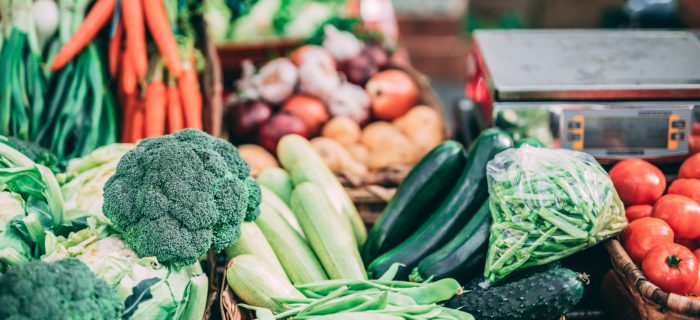
Nutrition and Hydration week (14th – 18th June)
With around 3 million people at risk of malnutrition in the UK we need to engage opportunities to raise the awareness of the risks and promote the good practices that can help prevent malnutrition and dehydration. Try our themes below, yourself, each day this week!
Big Breakfast – the most important meal of the day (Monday)
Breakfast is often called ‘the most important meal of the day’, and for good reason. As the name suggests, breakfast breaks the overnight fasting period. It replenishes your supply of glucose to boost your energy levels and alertness, while also providing other essential nutrients required for good health.
Many studies have shown the health benefits of eating breakfast. It improves your energy levels and ability to concentrate in the short term, and can help with better weight management, reduced risk of type 2 diabetes and heart disease in the long term.
Despite the benefits of breakfast for your health and wellbeing, many people often skip it, for a variety of reasons. The good news is there are plenty of ways to make it easier to fit breakfast into your day. Get into the habit of eating a morning meal with these simple breakfasts, designed to whet the appetite of even the most habitual breakfast-skipper: nhs.uk/live-well/eat-well/healthy-breakfasts-recipes
Snacky Tuesday – the value of snacks between meals and at suppertime (Tuesday)
Many people mistakenly think it’s a “bad habit” to eat between meals. Actually, however, studies show that people tend to have more control over their eating and have an easier time losing or maintaining their weight when they eat healthy snacks between meals.
Check out these healthy snack ideas: nhs.uk/live-well/eat-well/surprising-100-calorie-snacks
Afternoon Tea (Wednesday)
Plan a socially distance or virtual tea party with friends, family and colleagues! Sit down and have a chat – with some food and drink – enjoy and celebrate healthy living!
Thirsty Thursday (Thursday)
It’s easy to overlook, but choosing healthier drinks is a key part of getting a balanced diet.
Water makes up two thirds of our body. It is vital we drink enough fluid to maintain a healthy balance. Many people get dehydrated by not drinking enough fluid or by losing fluids and not replacing them.
Good hydration prevents:
- urinary tract infections (UTIs)
- headaches
- constipation
- dizziness that can lead to falls
- confusion
- kidney stones
- pressure ulcers/skin conditions
- poor health
You should drink plenty of fluids such as water, diluted squash and fruit juice to stay hydrated. The key is to drink regularly throughout the day (at least 6-8 mugs).
Fruity Friday (Friday)
Almost all fruit and vegetables count towards your 5 A Day, so it may be easier than you think to get your recommended daily amount.
At a glance: what counts?
- 80g of fresh, canned or frozen fruit and vegetables counts as 1 portion of your 5 A Day. Opt. for tinned or canned fruit and vegetables in natural juice or water, with no added sugar or salt.
- 30g of dried fruit (this is equivalent to around 80g of fresh fruit) counts as 1 portion of your 5 A Day. Dried fruit should be eaten at mealtimes, not as a between-meal snack, to reduce the risk of tooth decay.
Does the fruit and veg have to be fresh?
No. Fresh, frozen, canned, dried and juiced fruit and vegetables all count towards your 5 portions.
How much is 1 portion of fruit for adults?
A portion of fruit is approximately 80g, which could be half a large grapefruit, a 5cm slice of melon, or 2 satsumas.
How much is 1 portion of vegetables for adults?
A portion of vegetables for adults is approximately 80g.

